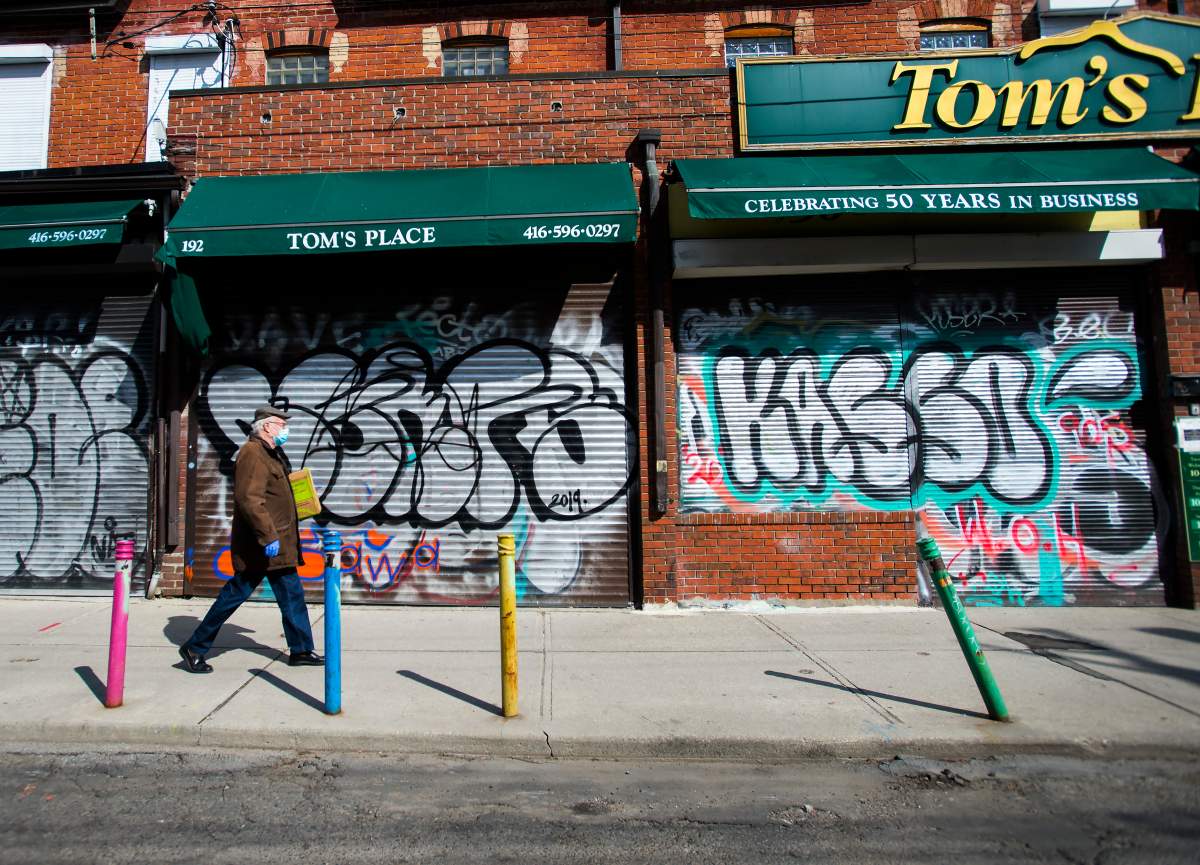Eighty per cent of Saskatchewan businesses are struggling with government imposed costs.

That’s according to a survey done by the Canadian Federation of Independent Businesses (CFIB), that showed one in six businesses in Saskatchewan were considering closing their doors for good.
CFIB Provincial Affairs Director Kathleen Cook said while electricity costs are on the rise, that’s not the only thing businesses have to contend with.
“Last week SaskEnergy announced that natural gas rates for the small commercial sector are actually set to go up by almost 20 per cent in less than two weeks time. So for the average small business that’s going to mean an extra $52 in their monthly bill, and with further increases in 2023 and 2024, that’s going to mean an extra $800 a year for small business owners’ annual energy costs.”
Cook noted that costs for small businesses are already prohibitively high, adding that only half of small businesses have returned to pre-pandemic levels of revenue, and the rise in inflation is also costing business owners more.

“Inflation is driving up the costs of food, fuel, insurance and nearly all of their input costs,” said Cook.

Get daily National news
She added that some of these costs fall outside of the provincial government’s control, but CFIB would like to see them make some changes.
“For example, we’d like to see them temporarily suspend collection of the provincial fuel tax – we’ve seen other provinces take this step, and we think Saskatchewan could and should follow suit.”
Cook also suggested the province should hold off collection of the small business corporate tax, and that the PST expansion should be reversed.
Global News reached out to the Government of Saskatchewan and received a statement.
“The Government of Saskatchewan understands that everyone is facing the challenge of inflationary pressure. Premier Scott Moe and Finance Minister Donna Harpauer have both indicated that as we find our way through this fiscal year, if we do find our way to a surplus, we will be looking at how can we return these dollars to benefit all Saskatchewan people,” the statement read.
It said inflation and energy costs are being exacerbated by the federal carbon tax and a lack of pipelines.
“With a shift to more renewable generation, modernizing the power system and ensuring a sustainable future for us all, SaskPower requires additional funding to provide that for the people of Saskatchewan, which is made more difficult by the carbon tax and the federal government’s changing targets on emissions reductions. Despite these challenges, SaskPower’s capital investment in the province’s electricity system was $922 million for 2021-22, and in total SaskPower directly contributed $1.9 billion to the provincial economy during the fiscal year.”
The provincial government also touched on SaskEnergy and the cost of natural gas rising.
“As well, SaskEnergy’s small commercial customers currently have the lowest combined natural gas bills in Canada despite a significant spike in the price of natural gas. SaskEnergy has a commodity hedging (price risk management) strategy that locks in the price of natural gas for purchases in the future. This strategy is allowing SaskEnergy to maintain a commodity rate that is substantially lower than the market price of natural gas.
“SaskEnergy is also committed to helping small businesses reduce their energy costs through programs such as the commercial boiler rebate.”











Comments